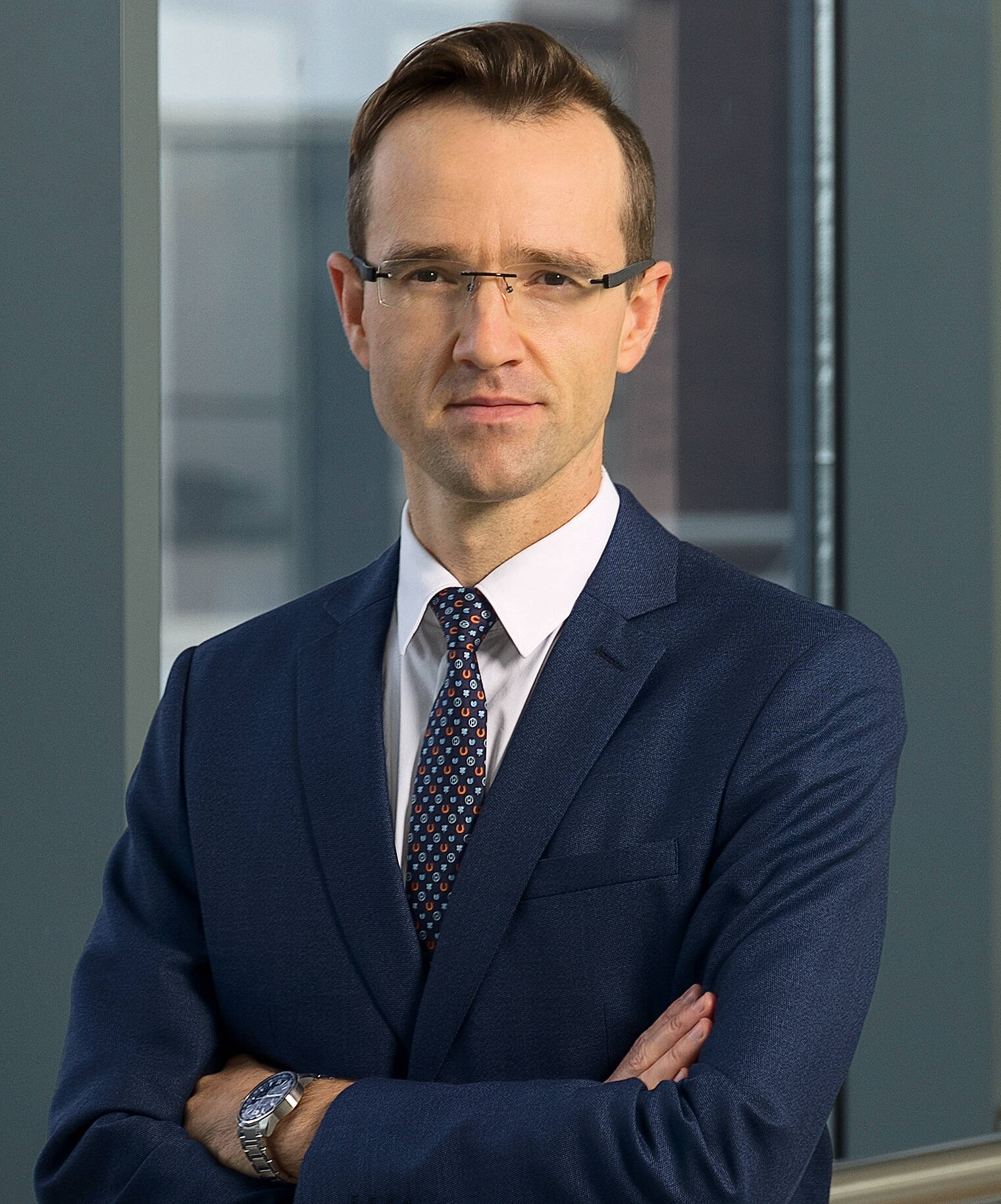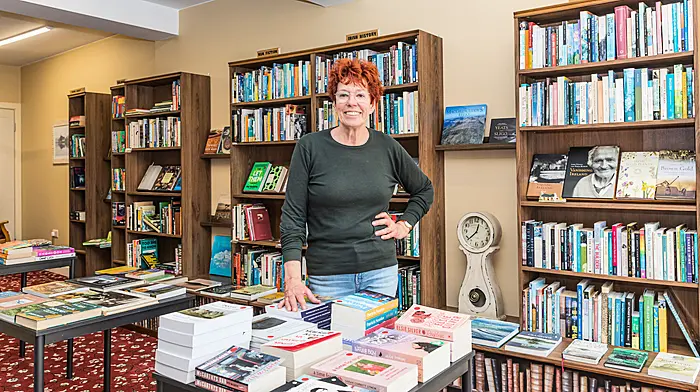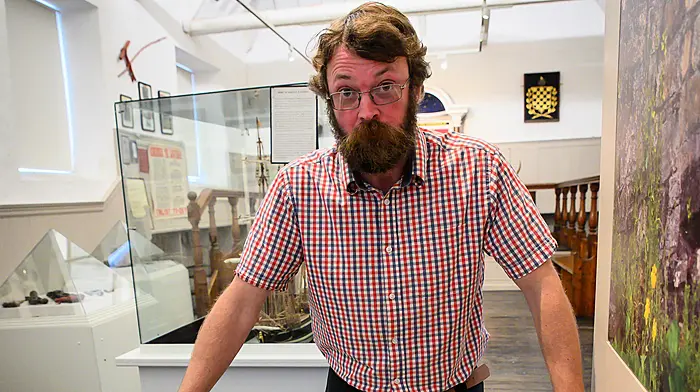Introducing some of the faces helping deliver Ireland’s first dedicated and co-ordinated cancer prevention service.
Gynaecological oncologist
 Dr Zibi Marchocki, gynaecological oncologist. (Photo: Jacek Marian Pięciak)
Dr Zibi Marchocki, gynaecological oncologist. (Photo: Jacek Marian Pięciak)
Name:
Dr Zibi Marchocki.
Your background:
I am a gynaecological oncologist. This is a surgeon who specialises in operating on gynaecology cancers effecting women. I trained at Princess Margaret and Odette Cancer Center and Toronto General Hospital, Canada. I currently work as a consultant gynecological oncologist at Cork University Maternity Hospital and Bon Secours Hospital Cork.
How does your role help with disease prevention?
A gynaecologic oncologist plays a crucial role in cancer prevention, particularly in women’s health. A gynaecologic oncologist evaluates an individual’s risk factors, such as family history, genetics, lifestyle, and reproductive history, to assess their risk for gynaecologic cancers and based on this risk assessment, he/she provides tailored advice on lifestyle changes, surveillance, or preventive options (eg, prophylactic surgeries or medications).
For individuals with a family history of cancers (such as ovarian, breast, or uterine cancers), gynaecological oncologists can recommend genetic testing (e.g., BRCA1/BRCA2 mutations) to assess their cancer risk. For women at high risk of certain cancers (like ovarian or breast cancer due to BRCA mutations), gynaecologic oncologists may perform risk-reducing surgeries such as removal of tubes and ovaries or hysterectomy to prevent cancer development.
What tip could you give readers to help prevent illness?
While a family history of ovarian or breast cancer may increase your risk of ovarian cancer, particularly if BRCA1 or BRCA2 gene mutations are present, family history of bowel cancer may increase your risk of uterine and ovarian cancer if you have a genetic condition called Lynch syndrome. Genetic counselling and testing can help you determine your risk and whether preventive measures (like prophylactic surgery) may be appropriate.
What myth would you like to dispel about health?
One significant myth to dispel about preventative measures in ovarian cancer is the belief that regular pelvic exams or ultrasounds are sufficient to detect ovarian cancer early. Unfortunately, there is no reliable routine screening test for ovarian cancer at this time and prophylactic surgery is the best risk reducing measure we have to date.
Advanced Nurse Practitioner
 Susan Walsh, advanced nurse practitioner.
Susan Walsh, advanced nurse practitioner.
Name:
Susan Walsh.
Your background:
I previously worked as a breast care clinical nurse specialist for almost seven years in the BreastCheck Screening Service. I now currently work as an advanced nurse practitioner (ANP) in the Breast Service in Cork University Hospital.
The majority of my role is within the advanced nurse practitioner-led breast family history service. As an ANP I also work within the consultant breast surgeon’s clinic reviewing both patients who are referred by their GP with a new breast symptom requiring assessment, as well as those being followed up post a breast cancer diagnosis.
How does your role help with disease prevention?
At the breast family history clinic, patients with a strong family history of breast cancer are reviewed and a personalised risk assessment is discussed in detail.
Identifying those with a moderate and high risk of breast cancer based on their family history risk assessment allows us to offer appropriate breast surveillance which may identify a breast cancer at an earlier stage with ultimately improved
outcomes.
Some people inherit changes (mutations) in certain genes that increase their risk of breast cancer (and possibly other cancers). By identifying those people, it provides patients with the opportunity for risk reducing measures which in turn may prevent a cancer. Each consultation with a patient also allows for the opportunity to educate about the importance of lifestyle measures in reducing overall cancer risk.
What tip could you give readers to help prevent illness?
Control the controllables.
It is estimated that 50% of all cancers are preventable. Our lifestyle choices have a big impact on our cancer risk, and it is health advice we hear regularly but may not take so seriously such as maintaining a healthy body weight, not smoking, exercising regularly, and limiting alcohol intake. Unfortunately, some things such as family history are out of our control but our lifestyle choices are something we do have control over.
What myth would you like to dispel about health?
Mammograms can help detect a breast cancer but do not prevent breast cancer or do not pick up every breast cancer. Therefore, it is so important to be breast aware, know what your breasts look and feel like and report any new changes to your doctor.
Community Health Promotion Specialist
 Shirley O’Shea, community health promotion specialist.
Shirley O’Shea, community health promotion specialist.
Name:
Shirley O’Shea.
Your background:
I completed an undergraduate degree in health promotion in the late 1990’s and worked in the education sector following my Master’s degree. I have worked in health promotion for over 20 years, mainly in the area of physical activity, health behaviour change and more recently in cancer prevention.
How does your role help with disease prevention?
The role has a strong focus on the preventative strategies to reduce cancer risk such as tobacco use, healthy diet and physical activity as well as the importance of early detection and seeking help when you notice anything unusual. At the heart of health promotion is the process of enabling people to take control over their own health to live not only longer but healthier.
What tip could you give readers to help prevent illness?
Think about your health as an investment for the future ‘you’. We tend to do an all or nothing approach to making lifestyle changes, but making small daily habits is what makes a big difference in the long term – this avoids the decision fatigue we have that often holds us back from automatic healthy choices. Focus on one small change and start there.
What myth would you like to dispel about health?
I would like to dispel the myth that ageing and ill health is inevitable – our biological changes count more than your chronological age - daily physical activity is one of the best anti-ageing strategies we have, moving more is powerful in preventing chronic disease, keeping us independent into our older age.
We’ll introduce you to more of the people behind cancer prevention in Cork over the next few weeks of the ‘Cutting down Cancer’ column.








